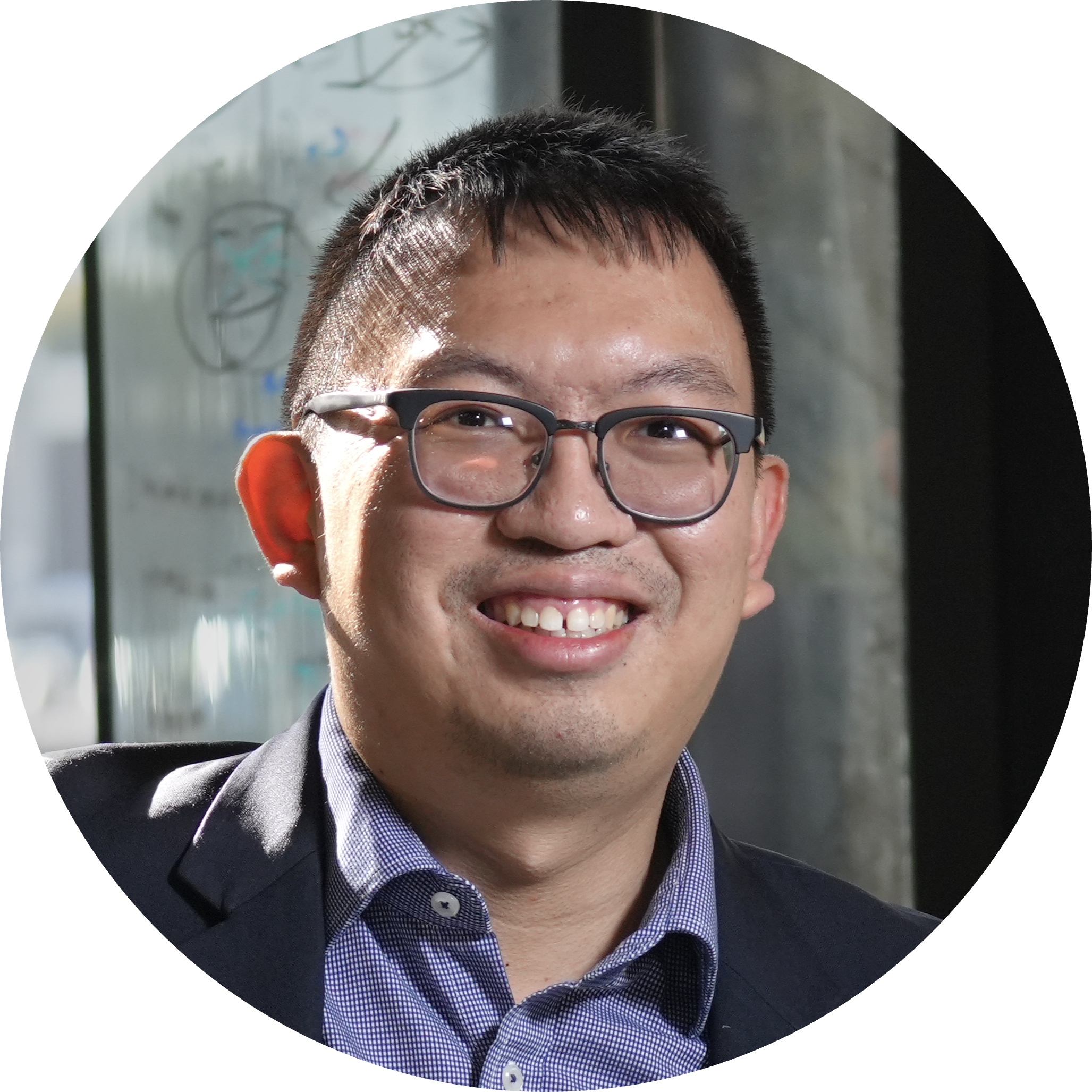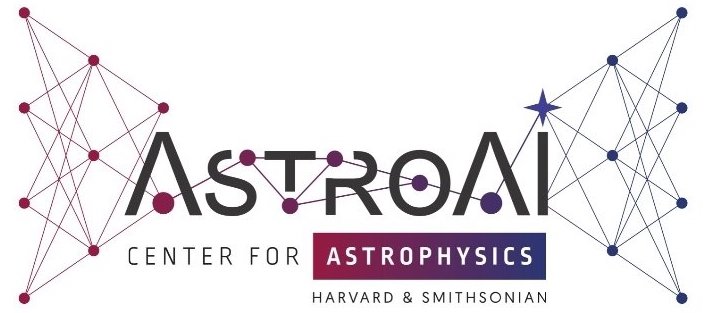Expediting Astronomical Discovery with Large Language Models: Progress, Challenges, and Future Directions
Presenter: Yuan-Sen Ting (The Ohio State University)
Title: Expediting Astronomical Discovery with Large Language Models: Progress, Challenges, and Future Directions
Date/Time: Friday, June 21st, 9:30 - 11:00 AM
Abstract: The vast and interdisciplinary nature of astronomy, coupled with its open-access ethos, makes it an ideal testbed for exploring the potential of Large Language Models (LLMs) in automating and accelerating scientific discovery. In this talk, we present our recent progress in applying LLMs to tackle real-life astronomy problems. We demonstrate the ability of LLM agents to perform end-to-end research tasks, from data fitting and analysis to iterative strategy improvement and outlier detection, mimicking human intuition and deep literature understanding. However, the cost-effectiveness of closed-source solutions remains a challenge for large-scale applications involving billions of sources. To address this issue, we introduce our ongoing work at AstroMLab on training lightweight, open-source specialized models and our effort to benchmark these models with carefully curated astronomy benchmark datasets. We will also discuss our effort to construct the first LLM-based knowledge graph in astronomy, leveraging citation-reference relations. The open-source specialized LLMs and knowledge graph are expected to guide more efficient strategy searches in autonomous research pipelines. While many challenges lie ahead, we explore the immense potential of scaling up automated inference in astronomy, revolutionizing the way astronomical research is conducted, ultimately accelerating scientific breakthroughs and deepening our understanding of the Universe.

Biography: Yuan-Sen is an Associate Professor of astronomy and computer science at the Australian National University and an Associate Professor of astronomy at the Ohio State University. His research focuses on applying machine learning techniques to enhance statistical inferences using large astronomical survey data. A native of Malaysia, Yuan-Sen earned his PhD in astronomy and astrophysics from Harvard University in 2017. Upon graduation, he was awarded a joint postdoctoral fellowship from Princeton University, the Carnegie Institute for Sciences, NASA, and the Institute for Advanced Study at Princeton, prior to assuming faculty positions first in Australia and then returning to the US. Yuan-Sen has received numerous honors, including the Humboldt Fellowship, the Australian Research Council DECRA Fellowship, NASA Hubble Fellowship, NASA Earth and Space Science Fellowship and recognition as an AURA Future Leader. Yuan-Sen also serves as the co-chair of the NASA Cosmic Programs Stars Science Interest Group. He has authored more than 185 academic publications, many of which explore cutting-edge topics at the intersection of astrophysics and machine learning. Yuan-Sen is also the leader of the AstroMLab collaboration, an initiative that aims to harness the vast corpus of astronomical literature and uncover the mechanisms behind scientific breakthroughs through large language models for astronomy.
